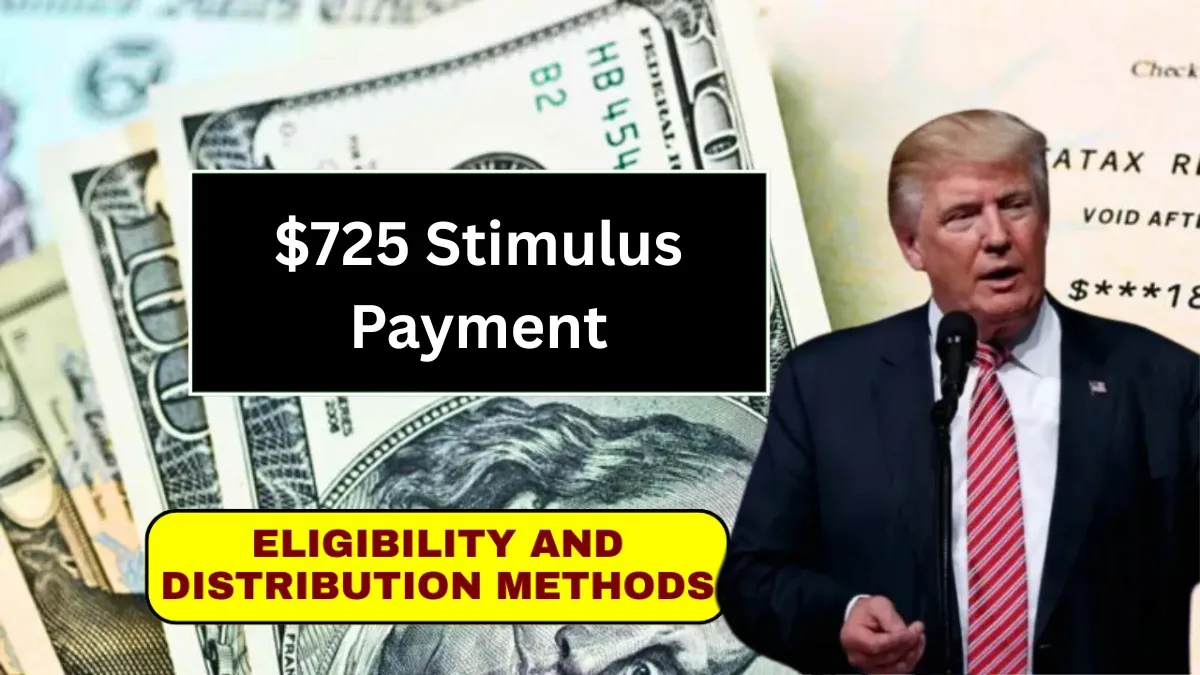Across the United States, a variety of assistance programs are available to support low-income individuals and other vulnerable groups.
While many of these programs offer financial support, others provide different types of aid, such as the Supplemental Nutrition Assistance Program (SNAP), which delivers food stamp benefits to eligible households.
What are the options for receiving these deposits from June?
Beginning in June, several options are available for receiving these types of support. On the federal level, key programs include Social Security, SNAP, and various stimulus payment efforts designed to assist those facing financial hardships.
The last major federal stimulus check was issued during the COVID-19 pandemic as part of a relief package, where qualifying Americans received three separate payments to help counter the economic impact of the crisis.
At the state level, many governments operate welfare programs tailored to their population’s needs. California, for instance, is known for its extensive welfare spending, allocating roughly $100 billion each year to assist low-income residents.
This high level of spending is necessary due to California’s large population, elevated cost of living, and ongoing homelessness issues, all of which require dedicated funding and social programs.
Among California’s wide-ranging initiatives is the Family First Economic Support Pilot Program (FFESP), administered by the California Department of Social Services and inspired by programs like the Golden State Stimulus from the Franchise Tax Board.
This initiative provides guaranteed income support to qualifying families with children under the age of five, offering $725 monthly for a period of one year.
The application period ended in April, and participants were to be randomly selected during May. The first disbursements are scheduled to start in June, aligning with the beginning of summer.
To qualify for FFESP, applicants needed to meet the following conditions:
- Be a parent or legal guardian of a child aged five or younger, with the child residing with them at least half the time.
- Live full-time in one of these zip codes: 95815, 95821, 95823, 95825, 95828, or 95838.
- Have a total household income below 200% of the federal poverty level (FPL), not counting government aid.
- Not be involved in any other Guaranteed Income Program, whether from public or private sources.
